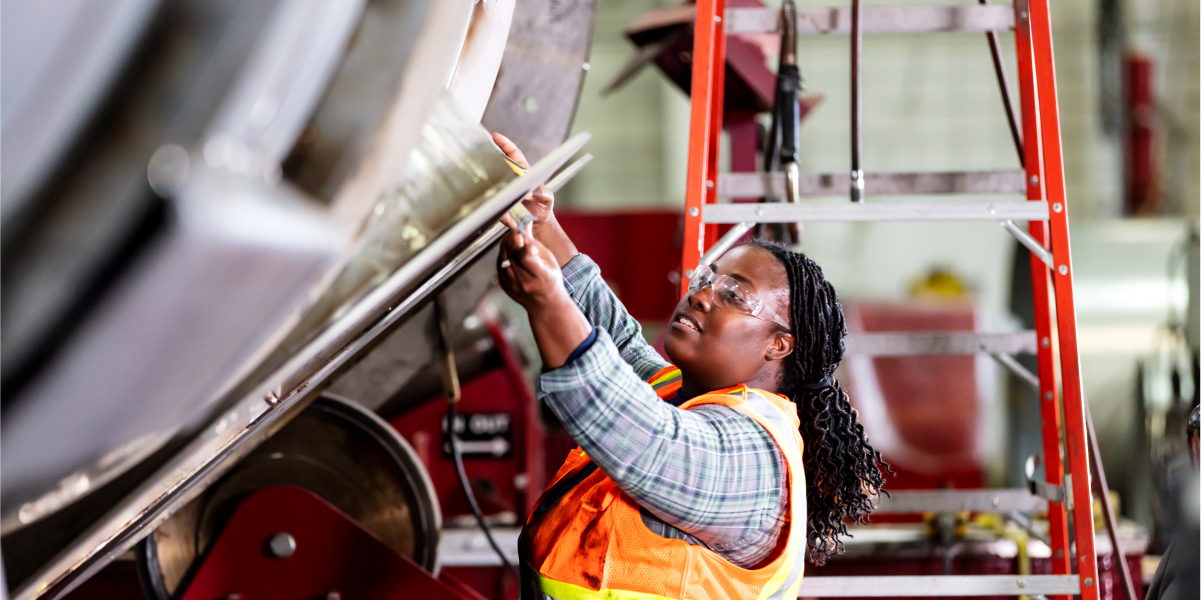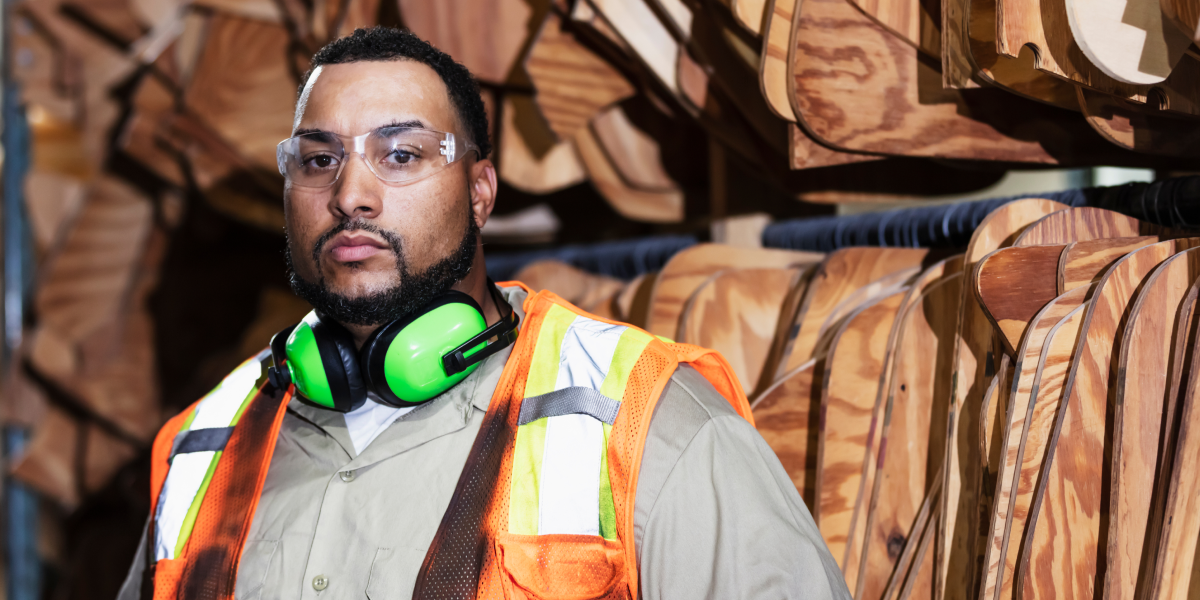Workplace accidents can turn a person’s life upside down. Many workplace accidents are minor enough that the worker can return to work within a few weeks. However, when injuries are severe enough to keep an employee out of work for a longer period, such as three or more weeks, the physical, mental and financial consequences can be difficult both on the injured worker as well as any family members that rely upon that worker’s income for support. Georgia, like other states, has workers’ compensation laws that are intended to help injured workers by providing medical treatment, coverage for medical expenses, and compensation for lost wages during the recovery period.







